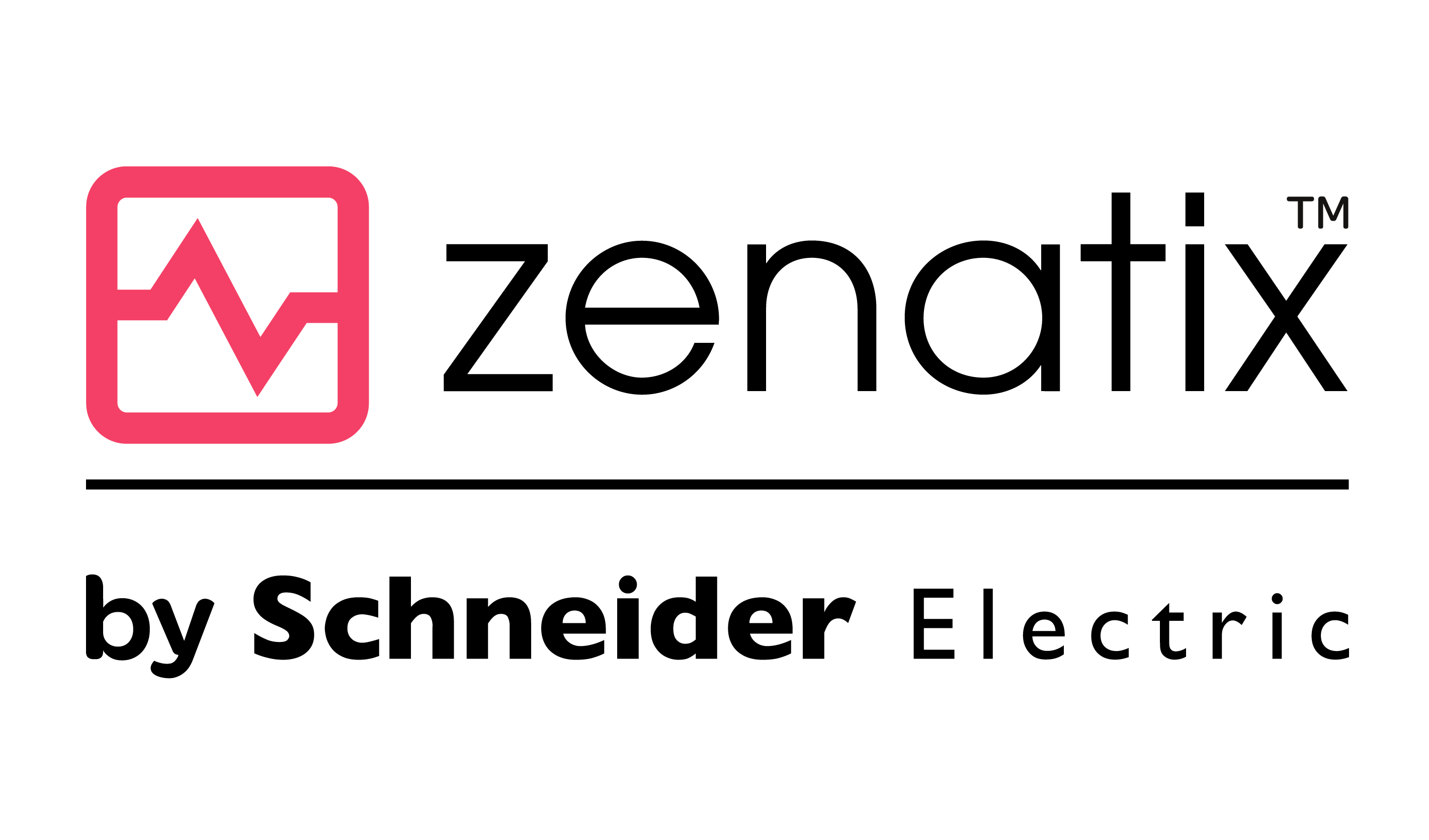Keep up with the latest IoT-based building automation, and follow us on LinkedIn!
According to EnergyStar estimates, a 10% reduction in energy consumption has the same financial impact as increasing the average daily room rate by $1.35 in full-service hotels. Hoteliers can identify significant cost-cutting potential by examining areas such as energy use, which accounts for around 6% of hotel operating expenses, and on-site equipment repairs, which can account for up to 60% of operating budgets.
However, operational cost reductions must not degrade guest services, since the more pleasant a guest stay, the more likely that guest will return. Therefore, hoteliers must delight their guests while reducing costs. An effective way to achieve this is by leveraging IoT in hotels.
IoT in hotels can be used to improve the guest experience as well as provide a more efficient hotel management system for employees and administrators. There are numerous opportunities to use IoT automation solutions to improve overall operational efficiency in the hospitality industry. Hotel owners can then benefit from increased efficiency, cost savings, and guest satisfaction, while the guests can enjoy greater convenience and comfort.

Guest comfort is ensured by an unforgettable stay at the property. A great ambient setting, clean water, and fresh food, all contribute to this experience. Let’s look at how IoT improves all these aspects while also improving overall profitability.
Temperature comfort, moisture comfort, and clean air quality all contribute to a great ambient atmosphere. The HVAC system is responsible for maintaining optimal ambient temperature to maximize guest comfort. Sensors in an IoT-powered HVAC system monitor key metrics such as temperature, humidity, airflow, and pollutant levels. In the event of any deviation, the appropriate personnel are notified to investigate the situation and resolve it as soon as possible without any interruptions to the guest experience.
Taking the seamless guest experience a step further, IoT in hotels enables proactive maintenance of assets & equipment, minimizing the likelihood of them failing completely in the first place. This type of IoT application is known as predictive maintenance. As the name implies it predicts when a piece of equipment will require maintenance to avoid unexpected equipment failure. Rather than a time-based or reactive approach, it’s based on parameters that monitor the actual condition of assets and equipment. It uses sensors to measure vibration, energy meters to analyze voltage unbalance, power factor etc. to keep an eye out for early fault detection. It’s a very effective technique as it results in a seamless experience for the guests, no unexpected surprises for the hotel management, a better return on the equipment investment, and overall cost savings for the business.

Furthermore, IoT systems can provide facility managers with deep visibility into the property’s operations and enable them to implement intelligent AI/ML-based controls across their entire asset portfolio. There have been numerous cases where remote asset monitoring has assisted facility managers in identifying multiple suboptimal operations in their properties, such as:
- Assets like HVAC systems running out of operation hours or in vacant spaces for hours, leading to a significant energy wastage
- Poorly optimized AHUs lead to over-cooling, which result in energy wastage and poor guest comfort
The combination of centralized visibility and automated controls result in significant cost savings, about 10% on the annual electricity bill.
Reasons behind Energy Wastage in Hotels & Ways to Conserve it
A constant supply of clean water is the next key factor contributing to the guest’s satisfaction. Sensors deployed at key locations can detect potential system vulnerabilities, which may result in service disruptions. Following the same principles of predictive maintenance, automatic notifications are delivered to the facility management team for proactive maintenance. Additionally, the sensors can reveal regular water usage statistics of each hotel area to reduce wastage. The supply can also be adjusted to meet the real demand using automated controls. In a hotel with hundreds of potential points of failure, this capability can save a lot of remedial costs and avoid revenue loss due to business disruptions.
The Internet of Things also has an impact on the quality and safety of food served in hotels. Refrigeration units with IoT sensors help reduce food spoilage by constantly monitoring the temperature. If the temperature deviates from the ideal range, the monitoring system alerts the maintenance team, who can then take corrective action. This ensures a safe and hygienic gastronomical experience for the guests while reducing unnecessary costs.
All the aforementioned IoT applications not only provide a seamless experience for the guests but also reduce wastage, resulting in increased operational profitability. Investing in IoT can help hoteliers reduce operational expenses, enhance maintenance efficiency, and improve customer service. If you want to explore the potential of IoT technology at your property, contact our specialists.
Keep up with the latest IoT-based building automation, and follow us on LinkedIn!

